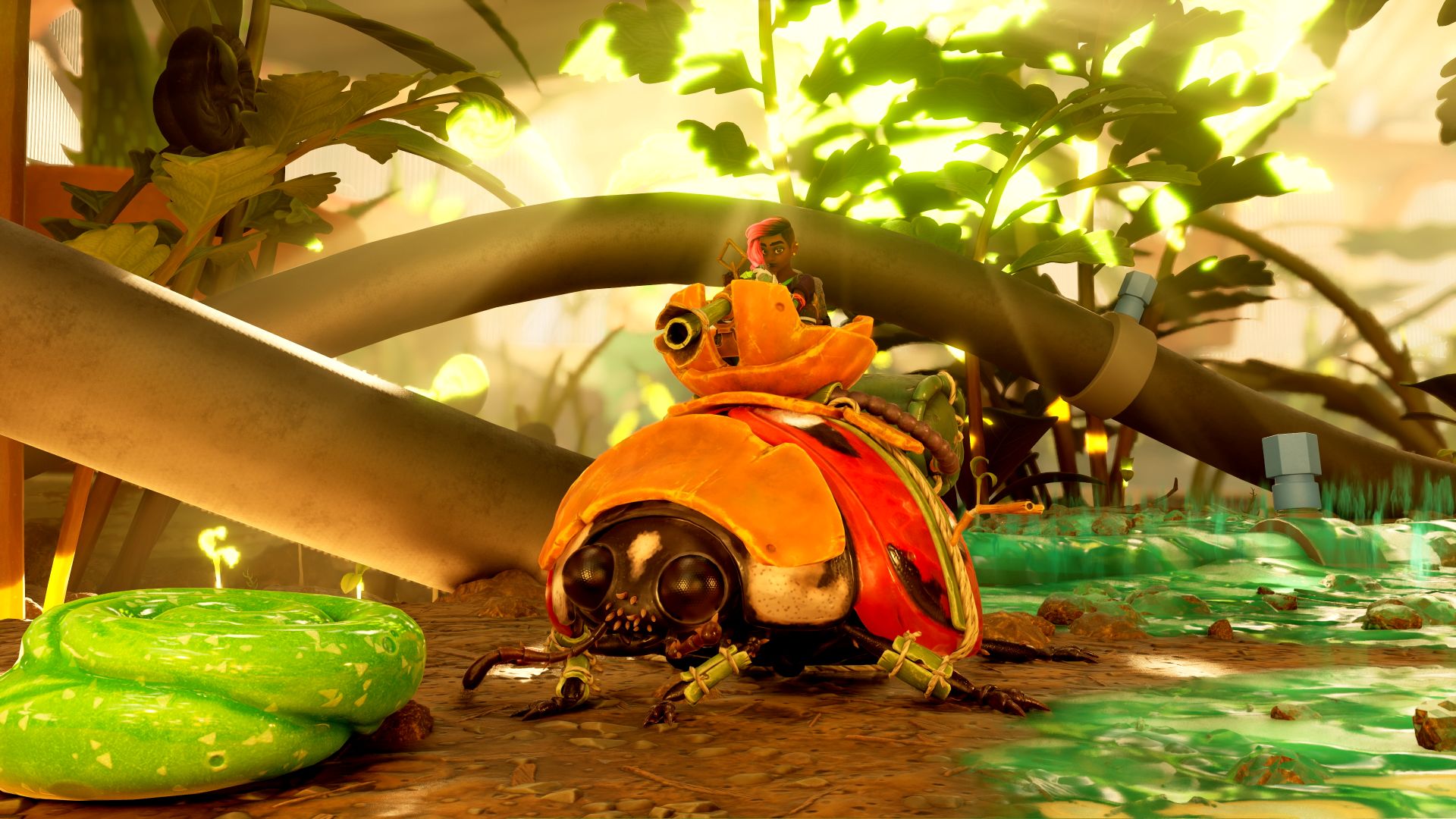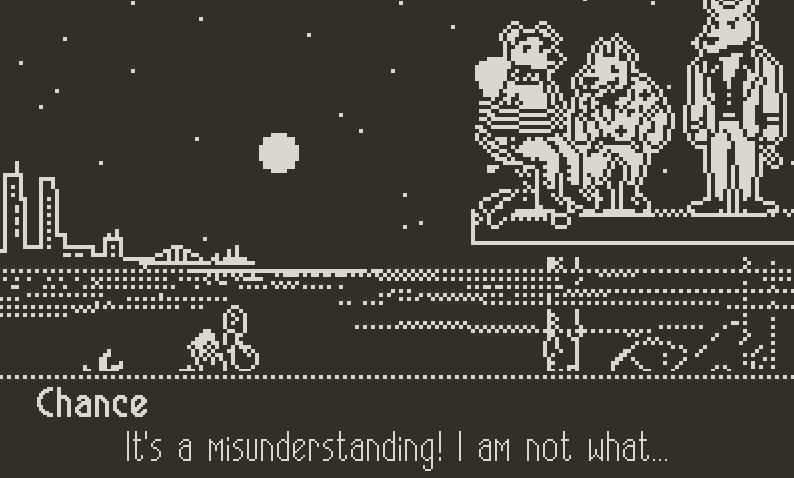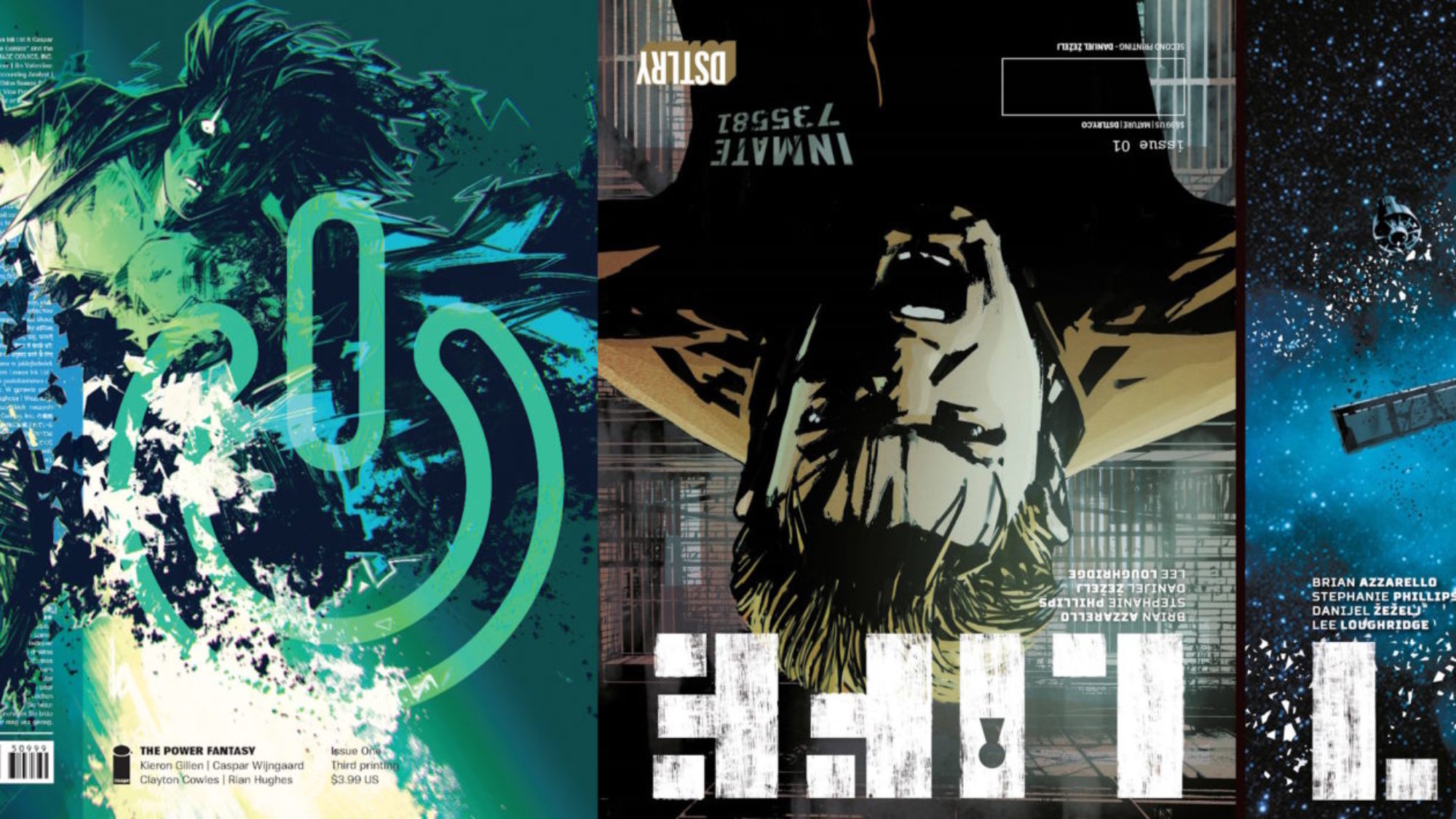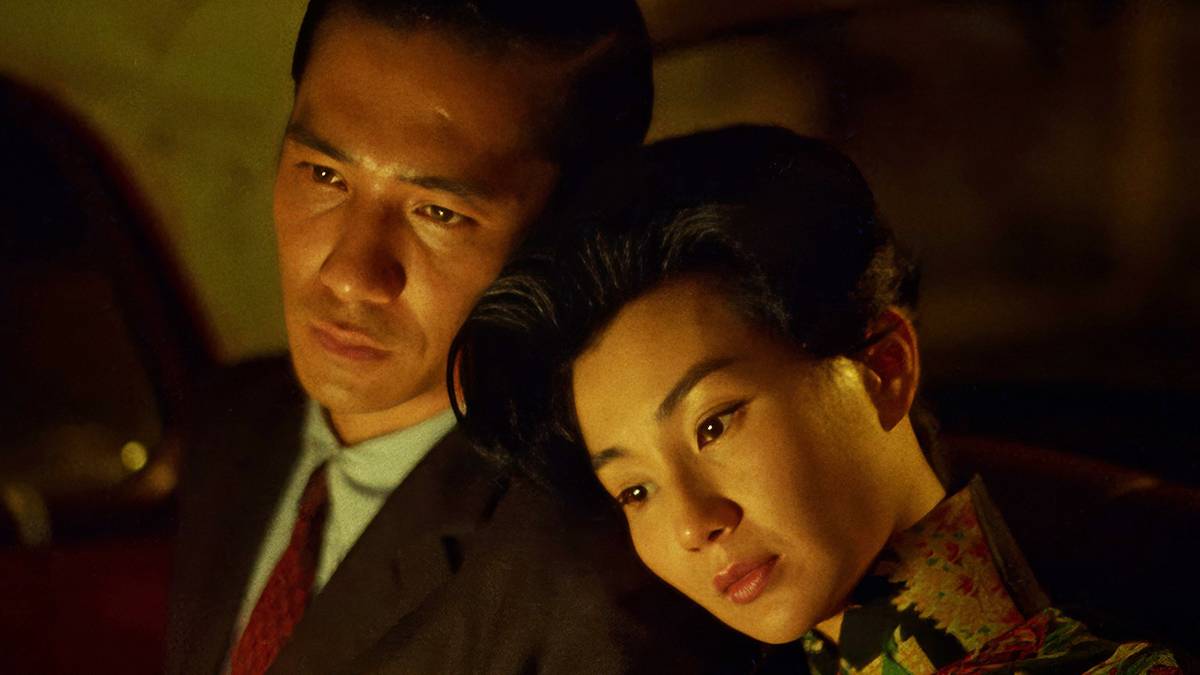Mortal Kombat still has its share of secrets, and the ability to surprise, more than 30 years after its debut in arcades. A new collection of the franchise’s earliest days, spanning four arcade games, various home ports, and spinoffs, is more than just a well-emulated series of classics (and not-so-classics) — it’s also a rich documentary about the making of the iconic franchise.
Even as a lifelong Mortal Kombat fan who has paid close attention to its creation and evolution, there was plenty new for me to learn and appreciate about the series.
Mortal Kombat: Legacy Kollection is, like other retro collections from developer Digital Eclipse, part documentary, part playable archive. The collection includes emulated versions of the original arcade Mortal Kombat, Mortal Kombat 2, Mortal Kombat 3, and Mortal Kombat 4, plus console and handheld ports of some of those games. The collection even includes the franchise’s attempts at spinoffs, like action games Mortal Kombat Mythologies: Sub-Zero and Mortal Kombat: Special Forces — two of the franchise’s worst entries.
The Legacy Kollection is therefore not a “best of” collection, but a study of Mortal Kombat’s early days, when developer Midway and series co-creators Ed Boon and John Tobias were figuring out how to make a fighting game, digitized from footage of real actors, on the fly. Watching the documentary — which was produced by Area 5 and includes archival footage, new interviews, and scans of old flyers, comics, and even interoffice faxes — it’s remarkable to see how Mortal Kombat went from humble beginnings to a worldwide phenomenon. It’s frankly astounding to watch a handful of young game developers, operating with virtually no plan or oversight, channel their pop-culture interests into birthing an iconic game franchise.
The documentary portion of Mortal Kombat: Legacy Kollection charts the rise of Mortal Kombat and its creators’ careers at the now-defunct Midway. It then goes on to show how those same creators reckoned with how to routinely one-up themselves, facing no small amount of pressure to repeat their success. It’s a fascinating time capsule composed of VHS tapes and analog photographs and pencil sketches, which showcase the DIY nature of Mortal Kombat’s development and how word of mouth helped spread its rumors and secrets of MK in its arcade heyday. Told in bite-sized chunks, it’s an eminently watchable series of documentary shorts that spans games, comics, films, and even the silly live-action tour. It also includes some unused moves and character sprites among its cutting-room-floor content.
Interspersed along the five-part documentary’s timeline are prompts to play the games themselves. At various points, viewers can hop into a game of Mortal Kombat or one of its home console ports to revisit its gameplay and graphics, emulated nearly perfectly on modern hardware.
I spent the bulk of my time playing the arcade classics, particularly Mortal Kombat, Mortal Kombat 2, and Ultimate Mortal Kombat 3. Many of the games here hold up, especially in one-on-one local play. But playing against the aforementioned game’s AI-controlled opponents is a reminder of how crude (and unfair) the programming was in early Mortal Kombat games. CPU-controlled opponents blatantly cheat to win or are otherwise dumb as rocks. If you don’t have someone to play against — online play is available in most titles in the collection, but too light on features — you’ll be missing out.
The 23 playable Mortal Kombat games in the collection, a mix of arcade, console, and handheld games, are accurately emulated, though I have noticed a few small quirks — mostly input lag and the occasional bug, particularly in Mortal Kombat 4. And while the games are largely presented as-is, developer Digital Eclipse has included some smart quality-of-life features and visual presentation options. For example, you can choose to show each character’s special moves on-screen and opt to have infinite time to perform a Fatality (or any other finishing move). There are also options for unlocking secret characters, like Noob Saibot, Meat, and Rain, without having to perform some esoteric trick to access them.
Visually, the games can be played with a variety of filters and visual treatments. Mortal Kombat: Legacy Kollection offers very realistic filters that mimic the CRT monitors of arcades or home televisions, or the greenscale screen of a Game Boy. A particularly nice touch is the option to have arcade-like bezels surrounding the screen, with the MK game of your choice accurately and softly reflecting against the faux black plastic borders. It’s very artistically charming.
There are plenty of nice touches beyond the documentary and emulated arcade classics, including a music player that lets you revisit the tunes of various Mortal Kombat games without the din of two kombatants viciously slaughtering each other. There are also character profiles that include bios and the various bits of lore presented by arcade games’ attract mode screens and endings.
One of the biggest highlights for hardcore Mortal Kombat fans is the opportunity to play a piece of “lost media” in the form of Ultimate Mortal Kombat 3 Wavenet Edition. This version of the game, a slightly updated version of Ultimate Mortal Kombat 3, was an early attempt by Midway at one-on-one internet-based play in arcades. The Wavenet Edition of the game is virtually identical to UMK3, but included the option to challenge online opponents and included some minor bug fixes and balance. But the Wavenet update never gained traction, in part because it was so cost-prohibitive for arcade operators at the time. Fortunately, Digital Eclipse salvaged it, thanks to a ROM dump from engineer Mike Boon — yes, brother of Ed Boon — and it is finally emulated here. It’s a huge preservation victory, and a fascinating relic to pick at.
The rest of the collection’s lineup is full of classics, including the first four mainline arcade games and home ports for Sega Genesis, Super NES, Game Boy, Game Gear, Sega 32X, and PlayStation. Some highlights include Mortal Kombat Trilogy, the PlayStation version that included a whopping 32 characters culled from Mortal Kombats 1-3. Infamous for its load times, the game is now much more playable thanks to speedier hardware. The excellent Super NES port of Mortal Kombat 2 is also fun to revisit, and the opportunity to compare it to the inferior Genesis version is illuminating.
Some of the games included are downright terrible. The Game Boy version of the original Mortal Kombat is a fascinating mess, but its inclusion here underscores just how big of a deal Mortal Kombat was in the early ’90s. The portable version of Mortal Kombat was nigh-unplayable garbage, but it assuredly sold in mass quantities.
It’s equally compelling to revisit games like Mortal Kombat Mythologies: Sub-Zero, a clunky side-scroller starring the icy ninja that was notorious for its terrible controls. Digital Eclipse has added a new “modern controls” option that, alongside a rewind feature, makes the game slightly more playable. Three Game Boy Advance titles are also included, Mortal Kombat Advance, Mortal Kombat: Deadly Alliance, and Mortal Kombat Tournament Edition, the latter two of which are adaptations of the first 3D Mortal Kombat game developed exclusively for home consoles. While it would certainly be nice to have a full 3D version of Deadly Alliance, the GBA games are, at the very least, fascinating curiosities.
Given Mortal Kombat’s rich history across dozens of games and even multiple arcade release versions, there’s an argument to be made that the Mortal Kombat: Legacy Kollection could have gone farther, in terms of titles included. But what’s here already feels like a robust package crafted with broad appeal and an appreciation for what has made Mortal Kombat such a source of fascination for the past 33 years.
Mortal Kombat: Legacy Kollection is available now on Nintendo Switch, Nintendo Switch 2, PlayStation 4, PlayStation 5, Windows PC, Xbox One, and Xbox Series X. The game was reviewed on PS5 and Switch 2 using a prerelease download code provided by Atari. You can find additional information about Polygon’s ethics policy here.




















